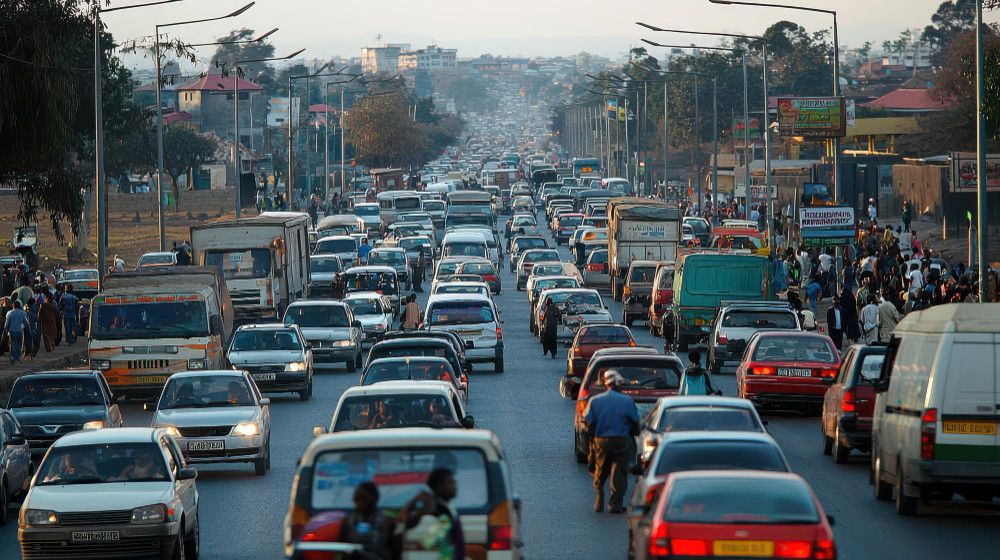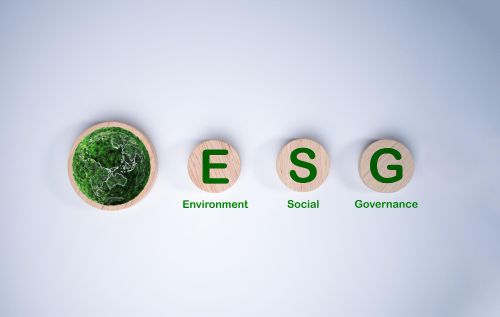Kampala’s Vehicles Emit Alarming Pollution Levels, New Study Finds


Cut through the green tape
We don't push agendas. At Net Zero Compare, we cut through the hype and fear to deliver the straightforward facts you need for making informed decisions on green products and services. Whether motivated by compliance, customer demands, or a real passion for the environment, you’re welcome here. We provide reliable information—why you seek it is not our concern.
Kampala is facing a serious vehicle pollution crisis, according to a groundbreaking study by the Real Urban Emissions (TRUE) Initiative and the UN Environment Programme, the first of its kind in Africa. Using a novel remote sensing technique, researchers measured real-world emissions from nearly 6,000 vehicles in Uganda’s capital, revealing widespread pollution far above international standards.
The study shows that vehicle emissions in Kampala are significantly contributing to the city’s poor air quality, which already exceeds World Health Organization guidelines for fine particulate matter by at least eight times. Contrary to expectations, newer imported vehicles did not consistently emit less pollution than older ones, suggesting that age limits alone are not enough to curb harmful emissions.
Black carbon and nitrogen oxides (pollutants linked to respiratory diseases and climate change) were especially high among older diesel vehicles. Notably, diesel minibus taxis, which are on average 25 years old, emerged as some of the worst offenders, with emissions levels up to six times higher than slightly newer counterparts. More than half of these taxis emitted black carbon and nitrogen oxides at extremely high levels, likely due to missing or malfunctioning emission control systems.
The report recommends tightening import standards to require all vehicles meet Euro 4 emissions limits, stepping up vehicle inspections, and investing in mechanic training to improve maintenance. It also calls for urgent action to modernize the aging public minibus fleet, including rebates for cleaner models and a shift toward electric vehicles.
With transport contributing up to 60% of Kampala’s nitrogen dioxide pollution, experts say reducing vehicle emissions is critical for safeguarding public health and achieving cleaner urban air.
Source: theicct.org

More related content

New €87 Million Scheme Backs Green Hydrogen Projects in Former Germ...

California's Updated Clean Fuel Standards Set to Take Effect

European Supervisors Seek Public Input on ESG Stress Testing Guidel...
